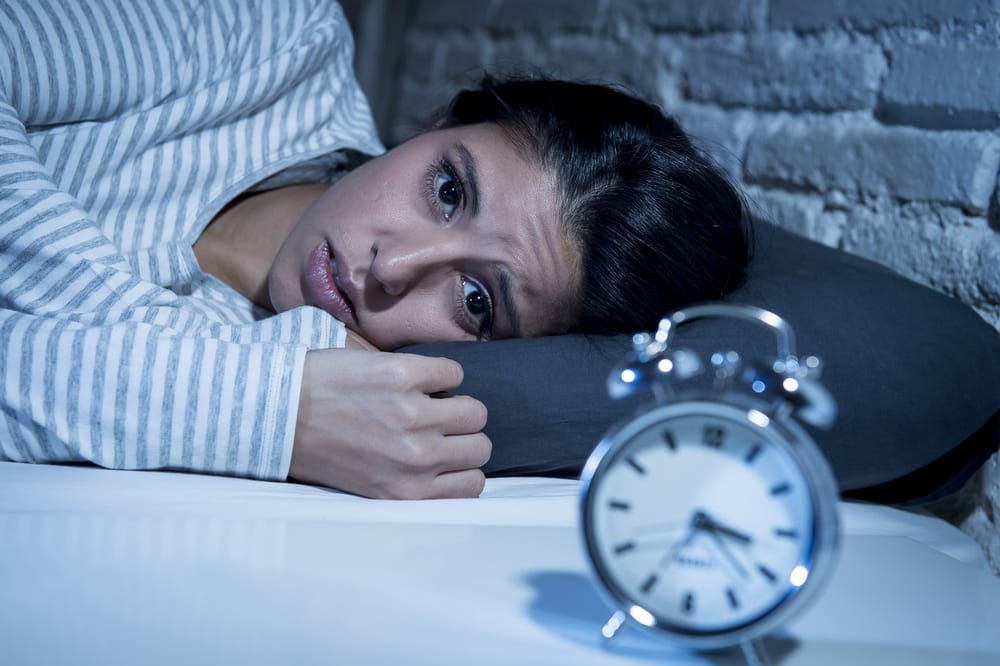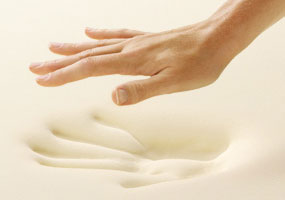
Sleep Issues
Just as sure as night and day, sleep is a part of life – not just a part, but an integral part. It’s the way we are made. Machines can be made to run day-and-night weeks at a time, but not the human body. A few decades ago, a lot was written about how cetaceans (dolphins and whales) never slept, because they would drown if they did. Now we know that they do sleep, but with only half the brain at a time.[1][2][3][4] The surprise to many of us is that some sleep about one third of each day.
Makers of mattresses, pillows, adjustable beds, accessories, air purifiers, and other bedroom furnishings often include in their pitches that we spend one-third of our lives in bed. That may be true if we are in bed an average of eight hours a day, but the truth is that many of us – if not most – spend less time than that sleeping or trying to sleep.
Some us are in bed 8+ hours, but only sleep a fraction of that. Some of us sleep, but are sleepy during the day. The culprit may be any of a number of sleep disorders.[5][6][7][8]
Before we start measuring sleep with a stopwatch, we should consider that how much sleep we need is not a set time. How much depends on our age and individual makeup. So recommended sleep times are in ranges of hours.[9][10] What is important is completing the cycles in our sleep patterns.[11]
Other than sleep disorders, causes of poor sleep may involve several things, such as lifestyle, personal stress, or the bed, mattress or pillow.[12][13][14]
Below is a list of articles about sleep issues:
- Sleep Apnea and Hypopnea
- Snoring Solution: Look to the Pillow
- Pain in the Neck
- Back Pain, Mattresses, and Cushions
- Digestive Disorders and Sleep Disturbance
- A Time to Sleep:
- Counting Sheep – Getting to Sleep
- Choosing the Correct Mattress and Sleeping Position
- Screen Use and Quality of Sleep (Survey Report):
- Electronics and Sleep
- Side Sleeping:
- Do Smart Beds Really Help Us Sleep Better?
- Beat the Heat
- Time Change for Better Sleep
- Sleep Hygiene
Resources
- Scientific American
“How do whales and dolphins sleep without drowning?”
https://www.scientificamerican.com/article/how-do-whales-and-dolphin/
2. Live Science
“How Do Dolphins Sleep?”
http://www.livescience.com/44822-how-do-dolphins-sleep.html
3. Whale-Dolphin Conservation
“How do dolphins sleep?”
http://us.whales.org/faqs/facts-about-whales-and-dolphins/how-do-dolphins-sleep
4. Smithsonian Magazine
“Ask Smithsonian: How Do Dolphins Sleep Without Drowning?”
http://www.smithsonianmag.com/videos/category/ask-smithsonian/ask-smithsonian-how-do-dolphins-sleep-witho/
5. National Sleep Foundation
“Sleep Disorders”
https://sleepfoundation.org/sleep-disorders-problems
6. WebMD
Sleep Disorders Health Center
http://www.webmd.com/sleep-disorders/
7. Wikipedia
“Sleep Disorder”
https://en.wikipedia.org/wiki/Sleep_disorder
8. National Sleep Foundation
“What Causes Insomnia?”
https://sleepfoundation.org/insomnia/content/what-causes-insomnia
9. National Sleep Foundation
“How Much Sleep Do We Really Need?”
https://sleepfoundation.org/how-sleep-works/how-much-sleep-do-we-really-need
10. National Sleep Foundation
“National Sleep Foundation Recommends New Sleep Times”
https://sleepfoundation.org/press-release/national-sleep-foundation-recommends-new-sleep-times
11. Harvard Medical School, Division of Sleep Medicine
“Natural Patterns of Sleep”
http://healthysleep.med.harvard.edu/healthy/science/what/sleep-patterns-rem-nrem
12. Harvard Medical School, Division of Sleep Medicine
“Twelve Simple Tips to Improve Your Sleep”
http://healthysleep.med.harvard.edu/healthy/getting/overcoming/tips
13. WebMD
“The Best Mattress for a Better Night’s Sleep”
http://www.webmd.com/sleep-disorders/features/best-mattress-good-nights-sleep#1
14. New York Times
“Not Feeling Rested? Don’t Blame the Mattress”
http://www.nytimes.com/2011/10/22/your-money/mattress-not-usually-to-blame-in-sleep-problems-experts-say.html

